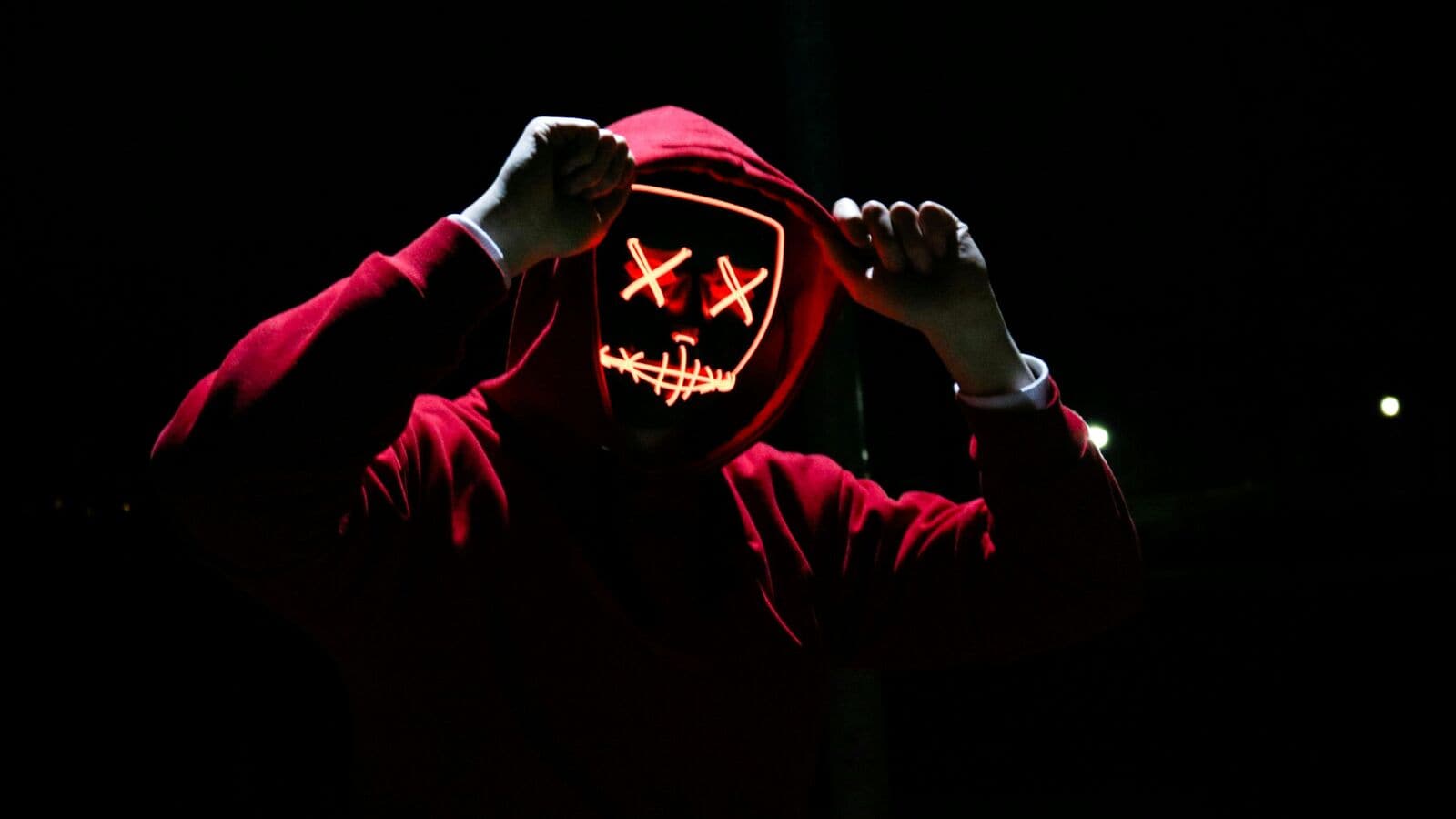In September, Nepal banned 26 social media platforms, including Facebook, YouTube, Instagram, Twitter (now X), WhatsApp and LinkedIn. The ban triggered nationwide protests and unrest, forcing the government to reverse it within a week.
France, meanwhile, has not imposed a nationwide ban but is pushing strict controls for minors. President Emmanuel Macron and lawmakers have proposed banning social media for children under 15.
Also Read | Nepal Unrest: Meet Sudan Gurung, the face behind Gen Z protests
Here are countries that have banned social media, selectively or otherwise.
China
In mainland China, social media is blocked under the “Great Firewall”. Platforms like Facebook, Instagram, WhatsApp, Twitter (X), YouTube and Snapchat cannot be used without VPNs.
Instead, people use monitored apps such as WeChat, Weibo, Douyin and QQ. However, Hong Kong and Macau remain exceptions.
North Korea
In North Korea, people cannot access platforms like Facebook, Instagram, WhatsApp, YouTube or Twitter (X). Only government elites, researchers and some foreigners use a tightly-monitored internet.
Ordinary citizens are limited to a state intranet called Kwangmyong. Accessing or spreading foreign media is a crime.
Also Read | ‘Saw over 15 people being shot’: Nepal Gen Z protester recalls horrorRussia
Russia banned Facebook, Twitter (X) and other major platforms in 2022. The government enforces strict censorship and surveillance. It regularly blocks sites seen as hostile.
Iran
Iran has long banned Facebook, Twitter, YouTube and other platforms. The government censors online activity to block politically-sensitive content and promote domestic apps.
Despite strict monitoring and restrictions, many Iranians use VPNs and tools to bypass controls and access blocked sites.
Turkmenistan
Turkmenistan blocks almost all foreign social media. People cannot use Facebook, Twitter, YouTube or Instagram. Internet access is tightly controlled, with only state-approved sites allowed. Independent online communication is nearly impossible.
Also Read | TikTok influencer, family found dead wrapped in plastic in Mexico truckMyanmar
Myanmar banned Facebook, YouTube and other social media after the February 2021 military coup. The junta blocked platforms to silence dissent and control news.
Internet shutdowns are frequent. Yet, some citizens use VPNs to bypass restrictions and share information.
Other countries
India banned TikTok and many Chinese apps on security grounds. Turkey often blocks Twitter, Facebook and YouTube during unrest. Egypt, Saudi Arabia, Syria, Vietnam and the UAE impose varying restrictions.
Ethiopia shuts social media during unrest or ethnic clashes. Bangladesh sometimes blocks platforms to curb misinformation. Pakistan imposes selective bans during political events. Posts seen as “blasphemous” are also prohibited.
